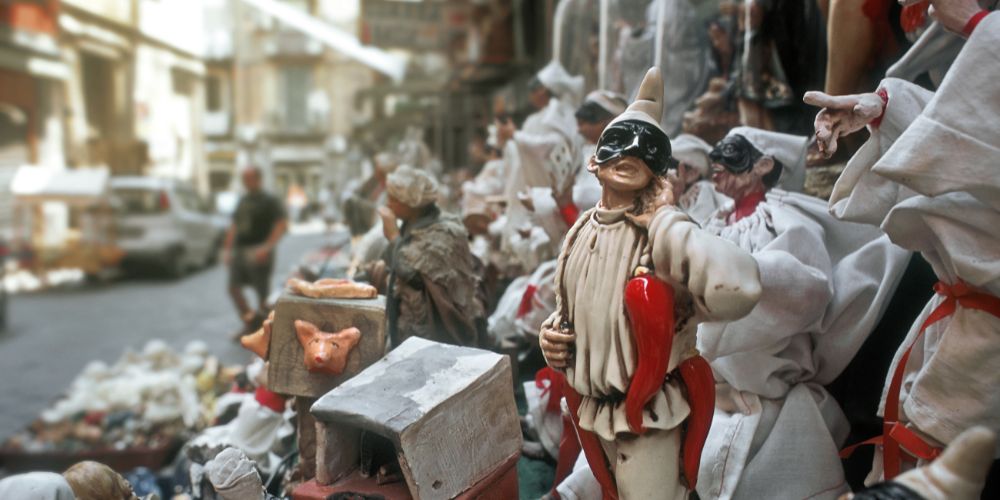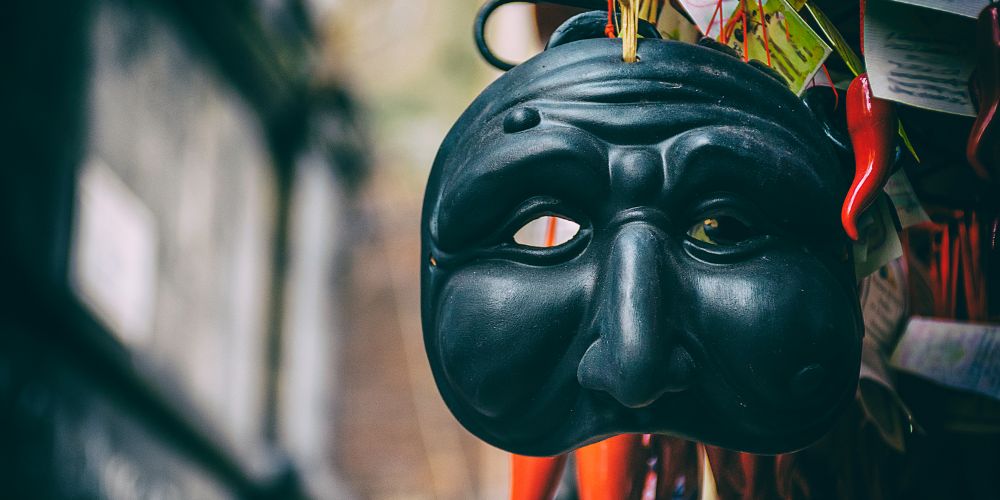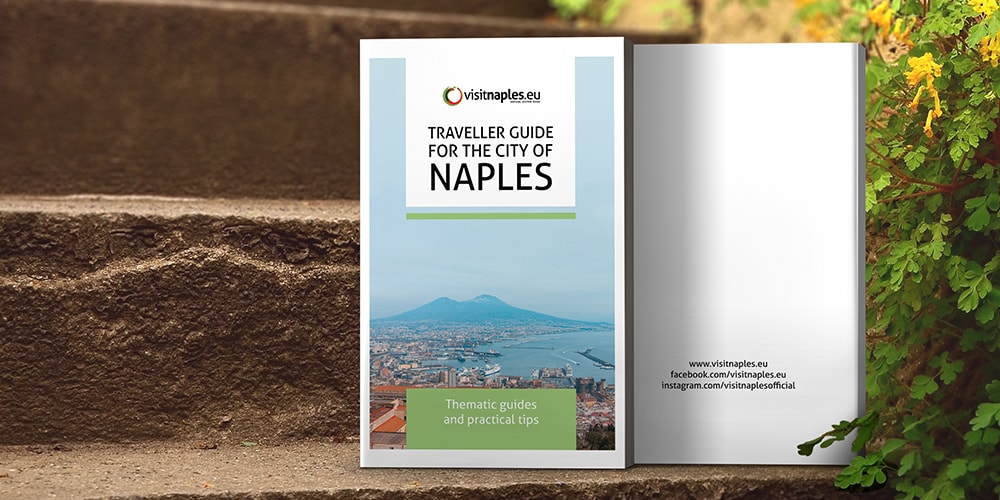This is a journey steeped in history and tradition, dedicated to Pulcinella, the lively Neapolitan mask that embodies the festive spirit of Naples. From the etymology of "little chick" in the 1300s to an enduring symbol of Neapolitan culture, Pulcinella encapsulates centuries of folk wisdom and infectious laughter. In this article, you will discover its ancient origins, spanning the Middle Ages, to understand how this figure has become the icon of simplicity and joy.
Furthermore, you will have the opportunity to explore contemporary Naples through the Naples Pass, a pass that opens the doors to a complete experience. This card will grant you access to numerous attractions, museums, and transportation in the city, making your visit easier and ensuring a total immersion in the vibrancy of Naples. By combining the millennial history of Pulcinella with the modern conveniences of the Naples Pass, you will be ready for a journey into the heart of Naples with Pulcinella as your guide.
The Neapolitan mask of Pulcinella: when and how it is born

The ancient proverbs are always reflected in reality.Proverbio di Pulcinella
The secret of Pulcinella

As all Neapolitans know, Pulcinella is the symbol of the simple man who tries to face all his problems with a smile. He is always in contradiction with himself, making fun of himself and being clever. In fact, it's difficult for him to keep quiet; that's why the expression "Il segreto di Pulcinella" (Pulcinella's secret) exists, to indicate a fact that everyone knows.
The Neapolitan artist Lello Esposito is one of the main "creators" of Pulcinella, famous for his works appreciated worldwide. When you visit Naples, don't miss the opportunity to have fun and meet numerous Pulcinella throughout the city. Take a photo with the most popular mask in the city and create unforgettable memories. Explore the magic of Pulcinella during your visit to Naples!










Lascia un commento